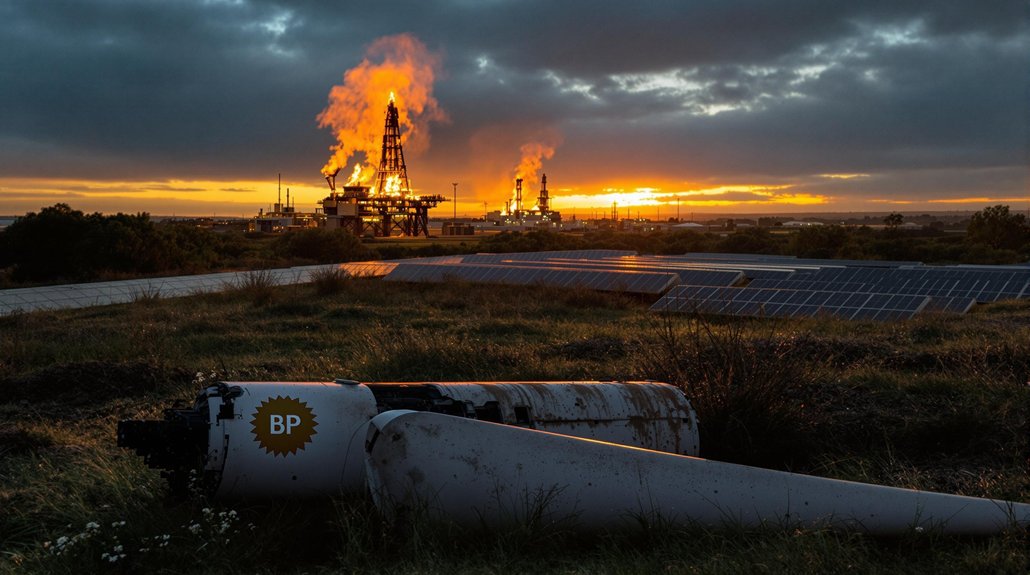The Clean Energy Paradox describes how environmental policies can backfire in the short term. Resource companies publicly embrace green technology while simultaneously increasing fossil fuel investments. This contradiction occurs because firms rush to extract fossil fuels before new regulations take effect, similar to eating more cookies before a diet starts. Carbon leakage compounds the problem when businesses relocate to less regulated regions. The complex interplay between policy announcements and corporate strategy affects climate goals in unexpected ways.
When countries try to fight climate change, they sometimes face an unexpected problem called the Clean Energy Paradox. This concept, introduced by German economist Hans-Werner Sinn in 2008, shows how well-meaning environmental policies can actually increase carbon emissions in the short term.
The paradox works in several ways. When companies hear about future carbon taxes, they often rush to extract more fossil fuels now, before the rules change. It’s like telling someone cookies will be banned next month – they might eat more cookies today. In a similar manner, when renewable energy gets government support, it can lower electricity prices so much that other clean energy projects can’t compete without subsidies.
Announce climate policies too early, and you might trigger the very behavior you’re trying to prevent.
Another issue is “carbon leakage.” When one country sets strict rules, companies might move their factories to places with fewer regulations. The emissions don’t disappear – they just move somewhere else. The scientific consensus on climate indicates these policy challenges significantly complicate our ability to address rising global temperatures.
The economic impact is significant. Energy companies face tough choices about investments, and some fossil fuel assets might become worthless as green policies advance. Meanwhile, countries that produce oil and gas worry about their economic future. Resource owners carefully consider extraction timing to maximize profits based on the Hotelling Rule and anticipated policy changes.
Real-world examples show the complexity. The European Union’s emissions trading system initially led to more coal use, not less. Germany’s ambitious renewable energy plan, called Energiewende, struggled with rising short-term emissions. Even California’s cap-and-trade program has shown mixed results.
Technology plays an essential role in addressing these challenges. Better energy storage, smart grids, and carbon capture technologies could help smooth the shift. Leading tech companies like Google are making significant progress by investing in energy-efficient infrastructure that demonstrates how business growth and environmental responsibility can coexist. Energy efficiency improvements also reduce overall demand.
Experts suggest several solutions to minimize the paradox. A global carbon price could prevent companies from simply moving emissions elsewhere. Rapid deployment of renewable energy might outpace fossil fuel extraction. International cooperation is key, as climate change doesn’t stop at national borders.
The Clean Energy Paradox reminds us that fighting climate change isn’t simple – even good intentions can have complicated results.







